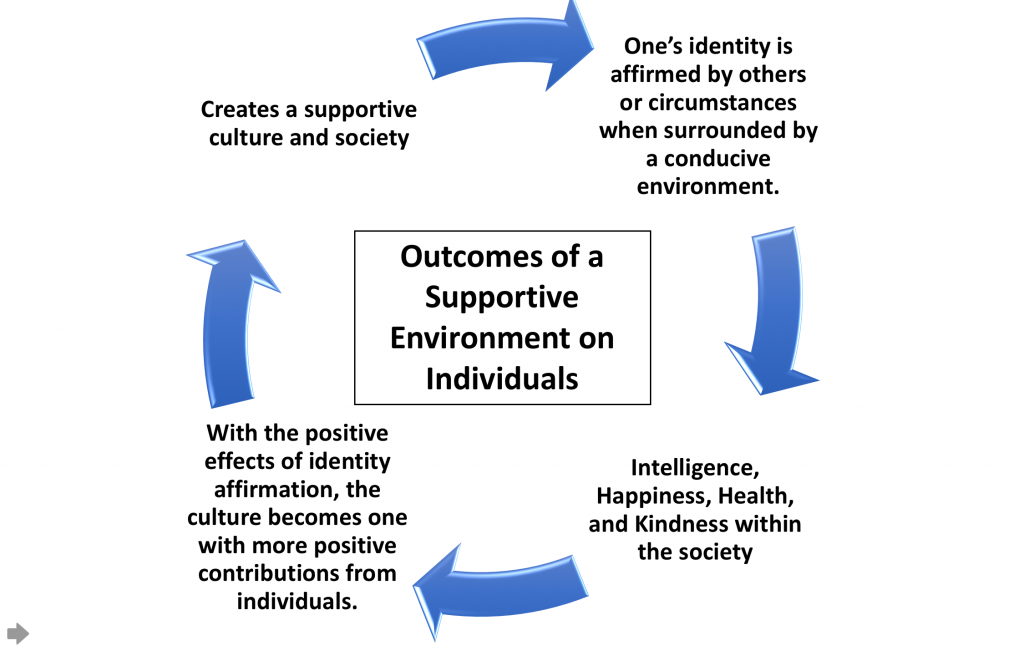
Earlier forms of therapy are behavioral and psychodynamic therapy which focused on the subconscious mental life of a client. Around 1950, another type of therapy was introduced, the humanistic therapy, which focuses on what is on the surface.
“Psychodynamic therapy is often used in the treatment of mental health conditions, including, depression, eating disorders and anxiety disorders” –Hannah Goodman, LMHC
Humanistic therapy or simply humanism is a form of psychotherapy that is person-centered, which focuses on someone’s individuality and nature, allowing the individual to observe his own behavior instead of focusing on the therapist’s point of view.
This approach to therapy focuses on the patient’s positive traits and behaviors and the use of his instinct to acquire wisdom, healing, serenity, and contentment within himself.

Who May Benefit From Humanistic Therapy
According to Chris Corbett, PsyD. “Therapy is right for anyone who is interested in getting the most out of their life by taking responsibility, creating greater self-awareness, and working towards change in their lives.” People suffering from depression, panic disorders, anxiety, personality disorders, schizophrenia, addiction, and even those with relationship problems can be treated with this method. Those people with low self-esteem, people who are trying to find purpose in their lives, reaching for their real full potential or searching for life’s meaning, anyone who is not comfortable with himself can also benefit from humanism.
How Does It Work
This form of therapy enables the patient to lead the conversation. It emphasizes empathy and highlights the good in human behavior. This technique then allows the psychologist to help improve the person’s self-image and self-actualization, the very things that make him feel valuable and gives him a sense of purpose.
- The therapy encourages the client to do some soul searching to find out what is lacking in his life (friendship, relationship, hobby), anything that will allow him to feel a full sense of self-fulfillment.
- This type of therapy does not let the client’s past affect his present, encouraging the client to focus on here and now and nothing else.
- It allows the patient to focus on his strengths and not on his flaws to move towards satisfaction and a sense of completeness. As Rachel Shimoni Simons, LMFT elaborates, “Therapy should be tailored to each individual client’s strengths and challenges.”
- There is an emphasis on the importance of human relationships and human interactions by regarding that all over the world people have similar needs, rather than focusing on the differences.
- The awareness of self-help plays a role in eventually achieving happiness. The concept that each person is responsible for his own happiness is introduced to the patient. That someone who feels unhappy can initiate changes in his life so that happiness can be achieved then personal growth will be possible.

Forms of Humanistic Therapies
Family therapy is an example of humanistic therapy, allowing families to discuss their relationships with one another with the goal to encourage and strengthen that relationship. This thing is useful when families are undergoing difficult trials such as divorce and substance abuse.
Therapy, such as sensitivity training, at the workplace is another form where employees are taught to view their co-workers as having the same needs and desires as they do. It is a means to tone down differences in any form, race, culture, and belief among others.
All of us seek value and meaning in our lives. All of us at one point in our lives will ask the question, what am I here for? Why am I here? What is my life’s purpose? It is but natural so that we may live comfortably with ourselves. But when we don’t find answers, anxiety, depression, and other illnesses will start to kick in.
Humanistic therapy is far better than any medicine available in the market in helping a person stumble upon the answers to the questions about himself that might stir up agitation, anxiety, and depression.
Never sit still while the world tells you who you are or who you will be and how you will feel. Humanistic therapy can be the road to a happy and fulfilled life as it allows you to know who you are and lets you reach your full potential using your own strength. That will give you the kind of unexplainable self-fulfillment and happiness that you’ve been searching for all your life.
